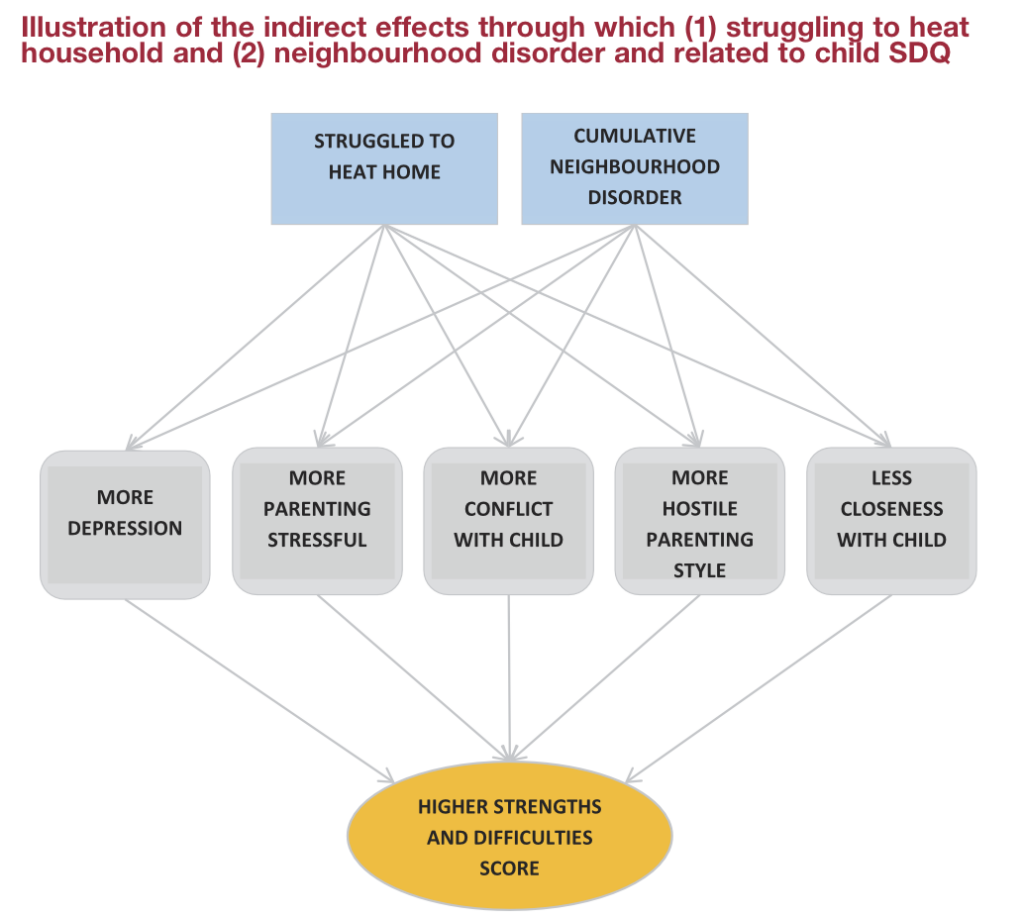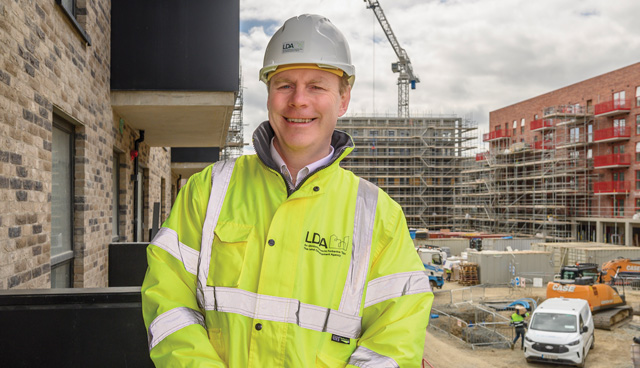
Rent restrictions impeding housing supply
4th July 2024
Strong delivery of affordable housing in Fingal
4th July 2024Housing quality linked to wellbeing outcomes for families

Amid the drive to increase housing supply, attention must be given to the quality of housing and the communities in which people live, comprehensive research on family wellbeing has suggested.
The Economic and Social Research Institute’s (ESRI) Housing, Health and Happiness: How Inadequate Housing Shapes Child and Parental Wellbeing research highlights how families living in poorer quality housing have lower social and emotional wellbeing.
Among its key findings, the report highlights how mothers living in inadequate housing and poorer quality neighbourhoods report “more depression, find parenting more stressful, and report greater conflict and less closeness with their children”.
As a result, the children of these mothers experience more socio-emotional difficulties.
The description of inadequate housing includes things like accommodation that is too small, damp conditions and a lack of heating. Poorer quality neighbourhoods are defined as areas with more disorder and fewer social supports.
The report states that while income is “a crucial driver” of housing and neighbourhood quality, given that low-income families are “more likely to live in unsuitable homes, to struggle to heat these homes, and to reside in areas characterised by greater disorder and lower levels of social capital”, other elements play a factor.
For example, migrant families are more likely to have inadequate housing, even taking account of the fact that income levels may vary. Also listed is access to resources, with the research pointing out that lone-parent and parents with a disability, who are often excluded from the labour market, are more likely to experience poor quality housing.
“Type of tenure also matters, with inadequate housing and frequent moves more common for those in social housing, private rented accommodation, or among those living with the child’s grandparents,” it states.
The research uses data from the Growing Up in Ireland Cohort ’08 to explore the influence of housing and neighbourhood quality on parental and child wellbeing, and in particular looks at how the length of time households have spent experiencing inadequate housing can shape families’ wellbeing.
Focusing specifically on the impact of inadequate housing on mothers’ wellbeing, among the research’s findings is that those living in homes that families struggle to heat have poorer quality relationships with their partner, find parenting more stressful, and have a more hostile parenting style.
A similar finding is evident for mothers in poorer quality housing, such as damp conditions or overcrowding, alongside evidence that they have more depressive symptoms.
On the impact of neighbourhood quality, the report says: “Mothers who spend longer living in more disorderly neighbourhoods and areas with less cohesion among neighbours have more depressive symptoms, a less warm and more hostile parenting style; they find parenting more stressful, and they report more conflict and less closeness with their child.”
Outlining a finding that children who spend more time growing up in worse conditions and poorer quality neighbourhoods face greater social and emotional difficulties at age nine than their peers, the report states: “This happens because the impact of inadequate housing on mothers’ wellbeing spills over to harm their children’s wellbeing. For example, mothers living in inadequate housing tend to find parenting more stressful, and finding parenting more stressful is linked with more social and emotional difficulties in their children.”
Adding: “Children in homes that families struggle to keep warm or in more disorderly neighbourhoods appear to face socio-emotional difficulties because of their mother’s greater stress, depression and parenting style.”
The ESRI’s James Laurence, the report’s lead author, says that making housing quality a key part of all newbuilds and improving the conditions of the existing stock of housing and communities will lead to long-term benefits for families.”
Outlining the policy implications of the findings, the research suggests that the proportion of families found struggling to heat their homes suggests a need for supports for retrofitting, as well as additional targeted financial assistance to low-income families.
“The findings highlight the importance of putting in place supports for parents, including those with school-aged children, embedded in both schools and communities,” it states.
“Lower-income families are less likely to feel their local neighbourhoods are safe and supportive, pointing to the need for measures to support community development and to enhance local social capital in disadvantaged areas.”







